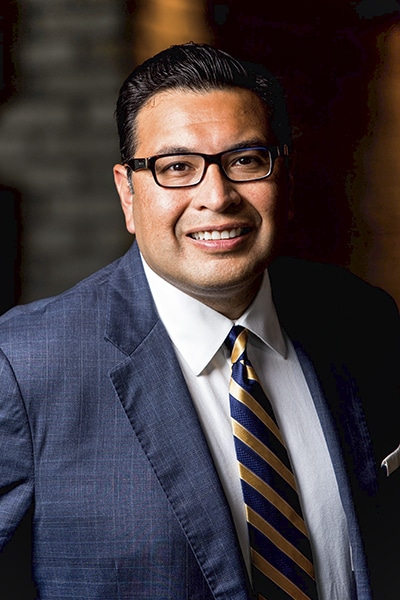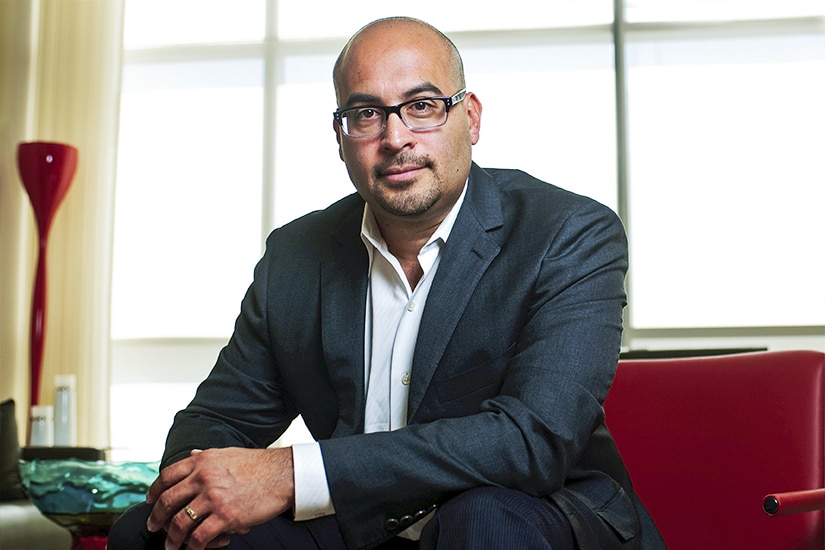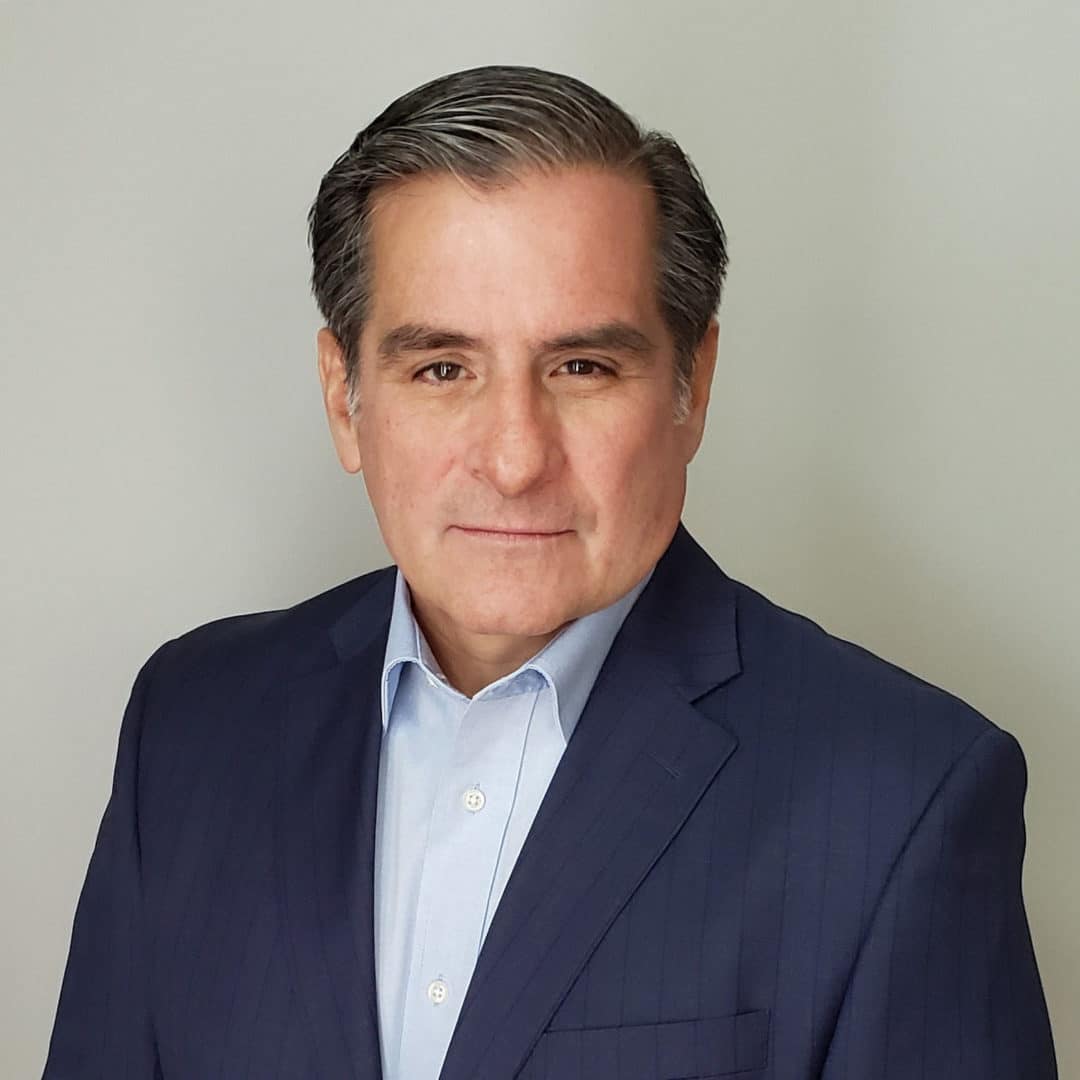|
Getting your Trinity Audio player ready...
|
For years, corporate America has been sending out a call for diverse, talented leaders capable of driving growth and fostering inclusive workplaces. But few companies have found it an easy matter to find that talent. According to Dr. Robert Rodriguez and Angel Gomez, cofounders and co-owners of the Latino Leadership Intensive (LLI), the problem centers on the fact that most leadership development programs have not truly combined those ideas of diversity and leadership.
Gomez and Rodriguez recently spoke with Hispanic Executive about the LLI and their efforts to solve this problem.
So how do you two know each other, exactly?
Rodriguez: We’ve known each other about fifteen years now—I don’t know exactly where we first met, but when I met Angel, he was working as a consultant. And at the time, I was considering becoming a consultant myself.

So I think our friendship really started to solidify when I told Angel my thoughts about going out on my own, and Angel told me to just go for it. “You have the expertise, you have a brand, you have the network,” he told me. “There’s no time like the present.” And now, we have a solid friendship that has led to the great privilege of being able to work together.
Gomez: My practice revolves around leadership development—teaching folks how to be better managers and leaders, doing executive coaching, talking about organizational development and organizational culture. I speak at many different conferences throughout the world on those issues, and Robert and I always thought it would be great to find a way to work together, to combine his experience around diversity with my expertise in leadership development and career management.
So after a few years of having lunch together and keeping in contact, we sat down one day in Chicago over a deep dish pizza and started brainstorming. Can we fashion a seminar where we look at essential leadership practices through the lens of the Latino cultural script? There is a way that Latinos show up—often unconsciously—in the workplace that may clash with American corporate culture. But what are the things that Latinos are doing that would actually be a benefit to us in that culture?
And after finishing that pizza and a pitcher of beer, we came up with the Latino Leadership Intensive.
What makes the Latino Leadership Intensive unique among all the other leadership programs out there?
Rodriguez: I myself went through a Latino leadership program at UCLA, and I’d seen many Latino leadership programs in academia as well as the corporate and nonprofit worlds. But the subjects of Latino identity and leadership topics were always separate. I had never seen a real fusion of the two, a fusion of what we call the Latino cultural script and business concepts.

Can you provide an example of how those two concepts can and should be integrated?
Rodriguez: Absolutely. It’s questions like, “Does our Hispanic heritage influence how we make decisions? Does our collectivist nature impact how we deal with conflict?” I’ve also seen many Latinos in the corporate environment struggling with their sense of identity and asking themselves, “Do I shout it from the rooftops that I’m Latino, or should I downplay it? I don’t want to be the token Latino—should I turn down job opportunities if I feel that’s the only reason I was offered the promotion?”
We wanted to address these real-world challenges that our community is facing in a mature, curated, structurally sound format.
Gomez: I have a very, very strong point of view that anything I deliver has to be structurally sound, has to be curated. Everything in the program has to tie together, and make sense together. It has to be what I call a “Cobb salad” program, where you’ve designed the content very intentionally, rather than an ensalada mixta in which you’ve just put a lot of things together in one space.
What kind of impact have you seen from this program thus far?
Gomez: We encourage everyone to raise their awareness about who they are, how they show up, and how others perceive them. This whole idea of identity is essential to everything we do and—whether or not we are comfortable with openly embracing our identity—is manifested in our behaviors as well.
Rodriguez: And once someone gets more grounded in their sense of identity, they can relate better to others. They may realize why an Asian American colleague may not want to join the company’s Asian ERG; they may meet someone from the LGBTQ community who does not want to come out and have a better sense of what that individual may be dealing with.
But in addition to helping them become more inclusive leaders, the program also helps participants see their own Latino heritage as an asset. For years, many of these individuals have thought that they got to their level because they’re smart, they work hard, and they deliver results. But as they start moving up in the corporate world, they realize that everyone at that level is smart. Everyone works hard.
So what’s going to differentiate you from other folks? Your Latino background. It can be your secret power—it will help you bring a global perspective to your work, serve as a more inclusive leader, and improve your leadership abilities across the board.
What are some of the topics that you cover in the program?
Rodriguez: At the very beginning, we always emphasize that this is a program designed by Latino leaders, for Latino leaders. It’s an authentic space where you don’t have to hide who you are and won’t be judged.
One thing that we always talk about is how Latinos tend to be collectivist in nature—we tend to be focused on what’s best for the team and on team rather than individual performance. We encourage everyone to talk about that and how it may affect their decision-making, their problem-solving, and even how they coach others.
Gomez: People may be really good at working together on a team, but their tendency towards collaboration—and the cultural script that has told them to be nice, be likeable, and not create conflict—can actually get in the way of performance. If you are too focused on ensuring that everyone on the team is being respectful and getting along, you can lose track of the fact that you have a deadline. If you aren’t willing to deal with conflict, you may not speak up for yourself and may just tell other people what they want to hear.
Of course, we also talk about foundational leadership concepts, like emotional intelligence, strategic thinking, and active listening.
Looking back on the Latino Leadership Intensive years from now, what do you hope to have achieved?
Gomez: I want to know that there are thousands of people doing their jobs better because they interacted with me for a couple of days. The soft skills that I focus on are the most important and hardest skills to master—they are the key to success in climbing up the corporate ladder.
Rodriguez: Early on in my career, I didn’t embrace my Hispanic heritage because other folks were always telling me that I was the token Latino, that the only reason I was there was because of a diversity program. My parents always told me to not speak Spanish, to just assimilate. So I never thought that my identity was benefiting me; if anything, I thought it was hurting me.
But I hope that when people walk out of this program, they have not only developed their leadership skills but have also come to see their heritage as something they can really leverage and be proud of. We need individuals with that mentality if we are going to elevate the broader Latino community.

